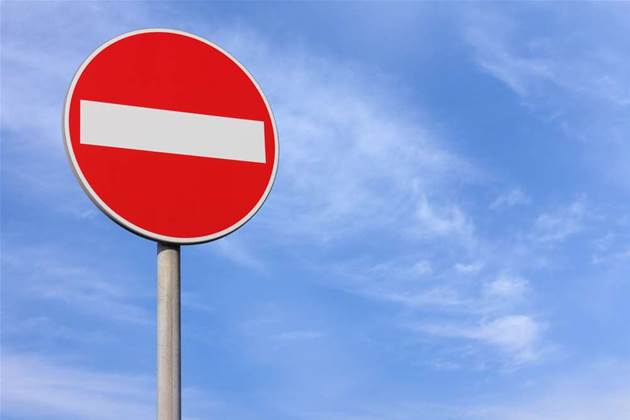The federal government has warned ISPs they will need to agree on an industry code for tackling online copyright infringement by April next year or have one forced upon them.

Communications Minister Malcolm Turnbull and Attorney-General George Brandis today published a letter to ISPs informing them they will need to agree on a process to notify customers of allegations of copyright infringement and advise them how to access legitimate content within 120 days.
The agreed code would also need to include consensus on the number of notices to be sent out by an ISP, the ministers said.
It would also need to provide a process for "facilitated discovery", in which rights holders will be able to access the details of an alleged offender should the notices fail to have an effect on their online behaviour.
Rights holders and ISPs will need to share costs of their agreed scheme between themselves, the ministers said.
Cost has historically been a sore point for both parties and was the main factor contributing to the breakdown of discussions around the trial of a 'notice and notice' option - in which ISPs send up to three warning notices in escalating severity to alleged pirates - in 2012.
The ministers today warned that should negotiations once again fail or not be concluded by April 8 next year, the Government will create a binding industry code under the Copyright Act, prescribed by the Australian Communications and Media Authority (ACMA) at the direction of Turnbull.
CEO of industry body the Communications Alliance, John Stanton, told iTnews the timeframe provided by the Government was "challenging" and complicated by the fact that any agreed draft code would need to go to public comment for 30 days.
"But we've done a lot of work already on the shape of a notice scheme, so the mechanics of spelling out what ought to be in the code are achievable within that timeframe," he said.
"The challenge will be around getting agreement on the costs issue, which has been a difficult one."
Stanton said success relied on everyone being "rational and reasonable" in the process.
"I have to believe we will be able to reach agreement. The important thing is the Government has sent a clear signal, and given an opportunity for industry to get a rational scheme across the line, and we are committed to doing that.
"If all sides of the debate are rational and reasonable we will be able to get there."
Telstra's executive director of regulatory affairs Jane van Beelen said the telco was ready to work with rights holders and other ISPs and to build on the 'existing momentum'.
"The Government’s response to the serious issue of online copyright infringement provides a balanced legal framework within which all stakeholders can develop a flexible, fair and workable code to reduce online infringement," van Beelen said in a statement.
"It also encourages innovation in the content market, which will enable our customers to identify and access legitimate online services."
The Government's announcement follows a consultation process initiated after the Government released a discussion paper on how to tackle online piracy, which canvassed options such as amending legislation to make internet service providers legally responsible for their customers' copyright infringement, as well as forcing them to block certain websites through court orders.
Brandis has previously threatened to mandate a three-strikes or "graduated response" scheme - which has been proven to be ineffective elsewhere - should the internet industry fail to reach an agreement.
Govt to legislate website blocking for torrent sites
Despite Turnbull's previous call for content owners to make material more available and affordable to help limit copyright infringement, the Government has also opted to introduce new legislation allowing rights holders to apply for court orders forcing ISPs to block access to non-Australian websites that facilitate copyright infringement.
Brandis and Turnbull today said their approach was the "least burdensome and most flexible way" to address online copyright infringement, and claimed rights holders had made efforts to improve content availability and affordability in recent times.
"The issue of affordability and accessibility of legitimate content is a key factor in reducing online copyright infringement. The Government welcomes recent action by content owners and expects industry to continue to respond to this demand from consumers in the digital market," the ministers said in a joint statement.
The industry scheme and legislation will be reviewed 18 months after implementation.


_(23).jpg&h=140&w=231&c=1&s=0)
_(20).jpg&h=140&w=231&c=1&s=0)







 iTnews Benchmark Awards 2026
iTnews Benchmark Awards 2026
 iTnews Executive Retreat - Security Leaders Edition
iTnews Executive Retreat - Security Leaders Edition
 iTnews Cloud Covered Breakfast Summit
iTnews Cloud Covered Breakfast Summit
 The 2026 iAwards
The 2026 iAwards












_(1).jpg&h=140&w=231&c=1&s=0)



